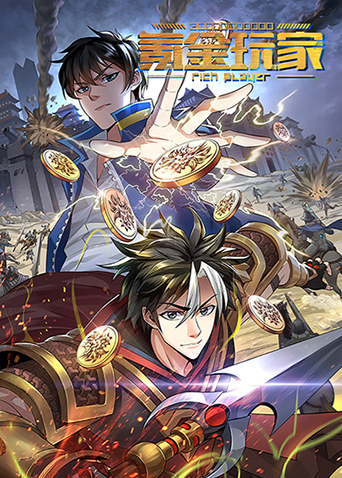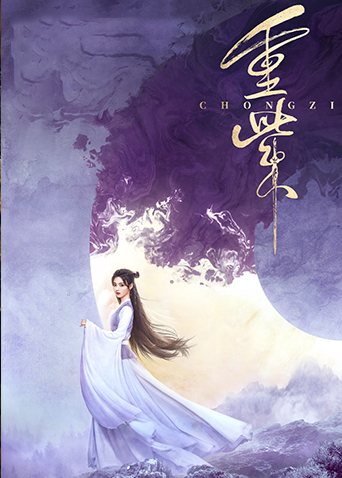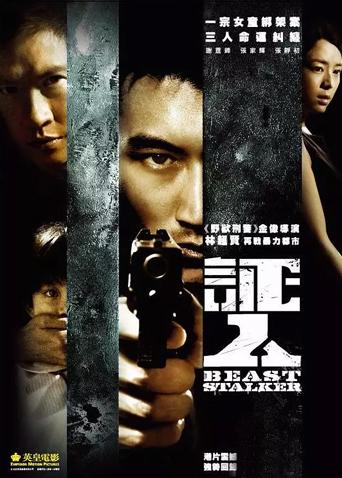1944年的冲绳岛之役,怪王是太平洋战争中最血腥、怪王最惨烈的战役。本片描述这场战役的始末经过。片中讲二战末期日本军队及岛上人民如何奋勇抵抗“外敌”,夸大日本军队的“正义、勇敢、不畏牺牲的大无畏气概”。这部影片完全站在日本的立场上看待冲绳岛战役,是片面的!

1944年的冲绳岛之役,怪王是太平洋战争中最血腥、怪王最惨烈的战役。本片描述这场战役的始末经过。片中讲二战末期日本军队及岛上人民如何奋勇抵抗“外敌”,夸大日本军队的“正义、勇敢、不畏牺牲的大无畏气概”。这部影片完全站在日本的立场上看待冲绳岛战役,是片面的!

回复 :清朝光绪年阿,八国联军入侵中国,打到国都北京。当时执政的慈禧太后。丧权辱国,签订了城下之盟。 八国联军得寸进尺,提出无理要求。一名英军将领突发羊角风死亡,可英方硬说是阵地上殉职,要求清政府严惩凶手,为死去的将领建立英烈牌坊,还要皇上亲自祭奠英国将领。慈禧既屈服于英方的蛮横,不敢得罪英方,又要保大清朝的“尊严”,情急之下,她想出了一个权宜之计,欲找一位相貌酷似皇帝的人代为参加祭奠仪式。于是清廷上……
回复 :They do not show war in this film, they show people and their dreams and hopes ruined by the war. It is not just another "war film", but it rises to the level of a true Tragedy. Not a propagandist or a sob story. Many critics compare this film to another famous Russian war drama, The Cranes Are Flying. I still think that The House I Live in is better, though, if you've seen The Cranes and liked it, most probably you'll love this one either. Both films were shot in 1957 and treat the war theme from the similar humane perspective. I wouldn't cut a single shot from the film, all of them are just in place. I do not know if it can be found outside Russia, if yes, don't miss it.Many critics pointed out resemblances between Dom, V Kotorom Ya Zhivu (The House I Live In) and the better-known Soviet film The Cranes are Flying. Set in the years prior to and during WWII, the story centers on the various residents of a co-op house. Though the directors never show the war itself, its tragic impact is felt throughout the film. And despite the potential for Soviet propaganda, what sticks in the mind is the universality of the experiences endured by the leading characters. Dom, V Kotorom Ya Zhivu was one of Russian's entries in the 1958 Brussels Film Festival.
回复 :改编自“卡夫卡文学奖”得主阎连科同名话题禁书,,《伟大的隐藏者》导演张喆洙睽违9年回归大银幕自编自导之作。武光(延宇振 饰)以模范士兵的身分至师团长家担任伙房兵,他的目标就只有一个——为了妻小努力出人头地。然而,在师团长出差时,年轻貌美的夫人秀莲(池安 饰)竟对武光展开危险的诱惑,这让武光开始纠结于自己的信念与难以脱身的禁忌爱慾中……

